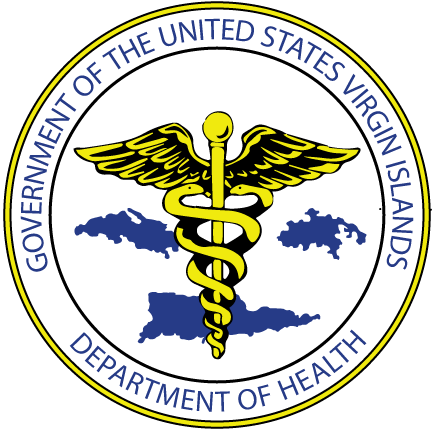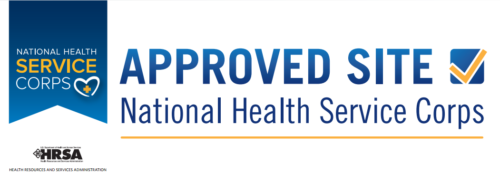The U.S. Virgin Islands Department of Health is deeply saddened to announce confirmation of the territory’s second and third confirmed COVID- 19 deaths on St. Thomas and St. Croix respectively.
The second deceased is a 72-year-old female St. Thomas resident with a history of diabetes and cardiovascular disease. At the time of her death she was hospitalized at the Schneider Regional Medical Center where she was on a ventilator.
DOH received confirmation Friday afternoon that a 77-year-old male St. Croix resident with a history of hypertension and diabetes tested positive for coronavirus and died shortly after. This case is considered travel-acquired, as the deceased recently traveled from Miami, Florida. At the time of his death he was hospitalized at the Juan F. Luis where he was on a ventilator.
“I express my heartfelt sympathy on behalf of the staff and senior leadership of the Department to the family and friends of the two most recent deaths in the Virgin Islands resulting from the COVID-19 Disease”, said, Health Commissioner Justa Encarnacion. “It is with sadness that we share the news of their passing with the community,” she continued.
Unlike the first confirmed death on St. Thomas, this second death was a result of community transmission. Persons may come in contact with someone who is infected unbeknownst to them. By avoiding contact with others, avoiding non-essential travel, and practicing good hand hygiene and other precautionary measures like sheltering in place, you can limit your risk of spreading and also acquiring this disease.
Most confirmed cases are travel-related, so it is especially critical to self-quarantine after travel while monitoring your symptoms. During this self-monitoring period, it is important to avoid close contact with others including those you may live with. Even for non-travelers, it is paramount to understand the risk of transmission among those you may have close contact with. Physical distancing is one of the best ways to reduce the risk of exposure and transmission.
While the risk of severe illness for most is low, the risk for transmission is high and precautions must still be taken to avoid widespread transmission within our community. A person may also get COVID-19 by touching a surface that has the virus on it and then touching their own mouth, nose or eyes.
To avoid COVID-19 and help prevent its spread, Department of Health officials recommend the following steps:
- Limit socializing and close contact with others, as persons without symptoms can still transmit the virus.
- While sick, avoid contact with others.
- Avoid persons with cold or flu-like symptoms.
- Stay home if you are sick.
- Cover your nose and mouth with a tissue when coughing or sneezing and discard the tissue. Wash your hands immediately. Avoid touching your eyes, nose and mouth.
- Clean and disinfect surfaces and objects that may be contaminated with germs.
- Wash your hands often with soap and warm water for at least 20 seconds. If soap and water are not
- available, use an alcohol-based hand rub with at least 60 percent alcohol.
COVID-19 symptoms reported include fever, cough and shortness of breath. It spreads mostly between people who are in close contact via respiratory droplets when an infected person coughs or sneezes. Persons who have contracted COVID-19 are most likely to spread it when they are most symptomatic. This means they are more likely to spread it to others when they are sick.
The Centers for Disease Control and Prevention currently recommends avoiding non-essential travel to any location as well as no cruise ship travel. Postponing vacations to the territory will also lessen the impact of COVID-19 on our small community. If you are returning home to the U.S.V.I., you must quarantine for 14 days and self-monitor your symptoms. Older adults and those with underlying health issues are particularly vulnerable and should avoid crowded places and non-essential air travel to decrease their risk for virus transmission.
If you are experiencing symptoms like a cough, fever, and shortness of breath, and have traveled anywhere in the last 14 days, OR have had contact with a confirmed case please self-quarantine and call (340) 712-6299 or (340) 776-1519 from 8 a.m. to 10 p.m. Monday through Sunday.
These phone numbers are only to be used if you meet the criteria above and suspect you may have the virus. You will be given instructions on what to do next and that may include isolating yourself from others.
If you have a medical emergency, call 911.
For more information, visit: doh.vi.gov/coronavirus or cdc.gov/covid19. For updates, text COVID19USVI to 888777.

